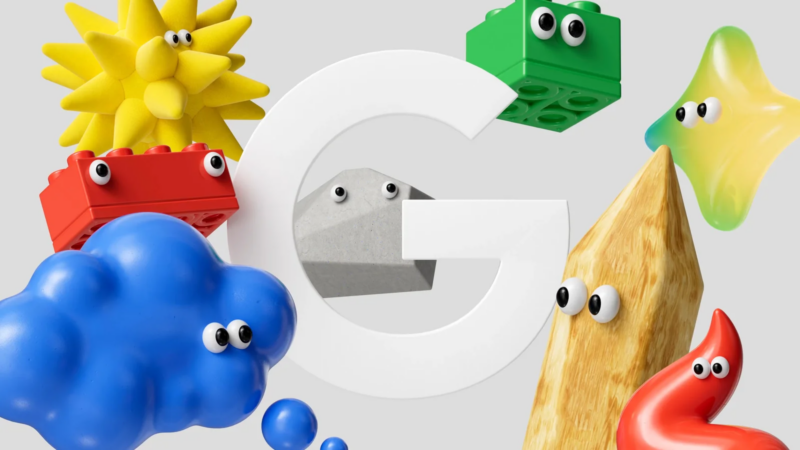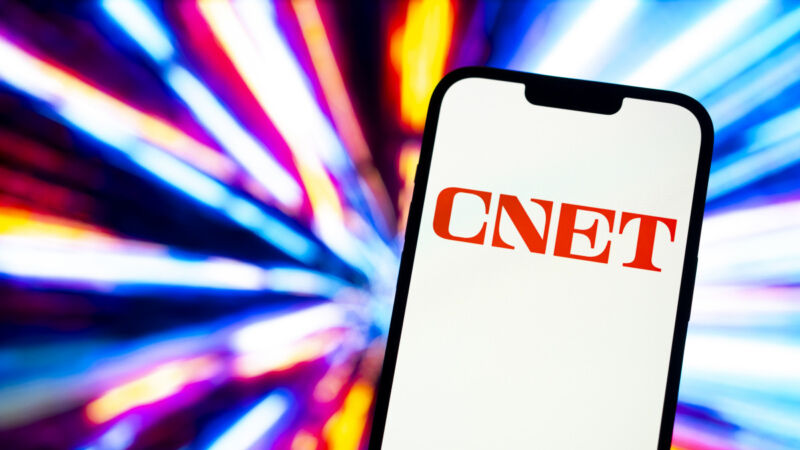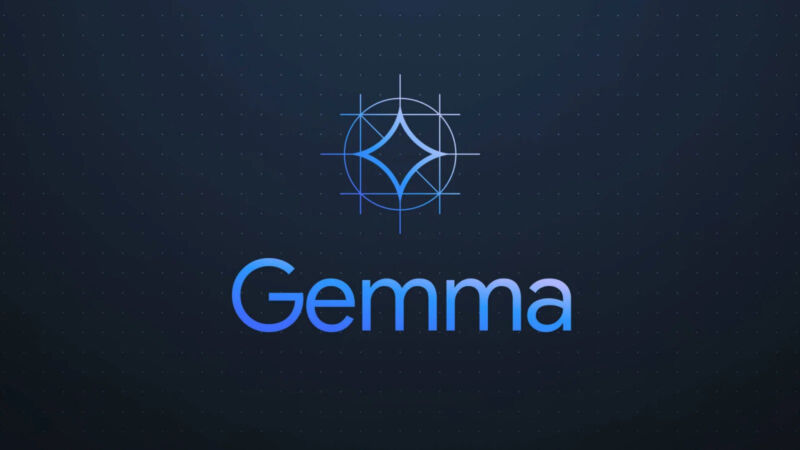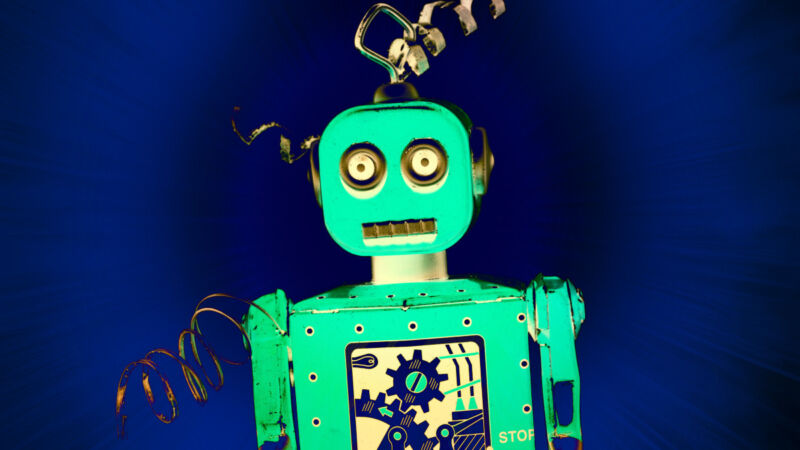Apple unveils “Apple Intelligence” AI features for iOS, iPadOS, and macOS
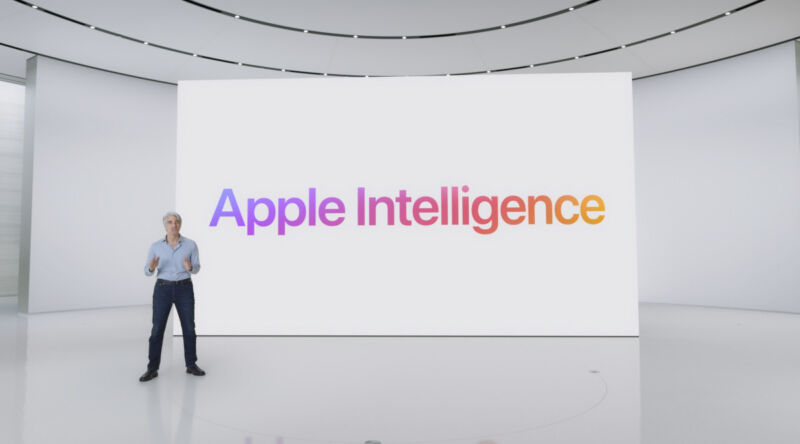
Enlarge (credit: Apple)
On Monday, Apple debuted "Apple Intelligence," a new suite of free AI-powered features for iOS 18, iPadOS 18, macOS Sequoia that includes creating email summaries, generating images and emoji, and allowing Siri to take actions on your behalf. These features are achieved through a combination of on-device and cloud processing, with a strong emphasis on privacy. Apple says that Apple Intelligence features will be widely available later this year and will be available as a beta test for developers this summer.
The announcements came during a livestream WWDC keynote and a simultaneous event attended by the press on Apple's campus in Cupertino, California. In an introduction, Apple CEO Tim Cook said the company has been using machine learning for years, but the introduction of large language models (LLMs) presents new opportunities to elevate the capabilities of Apple products. He emphasized the need for both personalization and privacy in Apple's approach.
At last year's WWDC, Apple avoided using the term "AI" completely, instead preferring terms like "machine learning" as Apple's way of avoiding buzzy hype while integrating applications of AI into apps in useful ways. This year, Apple figured out a new way to largely avoid the abbreviation "AI" by coining "Apple Intelligence," a catchall branding term that refers to a broad group of machine learning, LLM, and image generation technologies. By our count, the term "AI" was used sparingly in the keynote—most notably near the end of the presentation when Apple executive Craig Federighi said, "It's AI for the rest of us."

